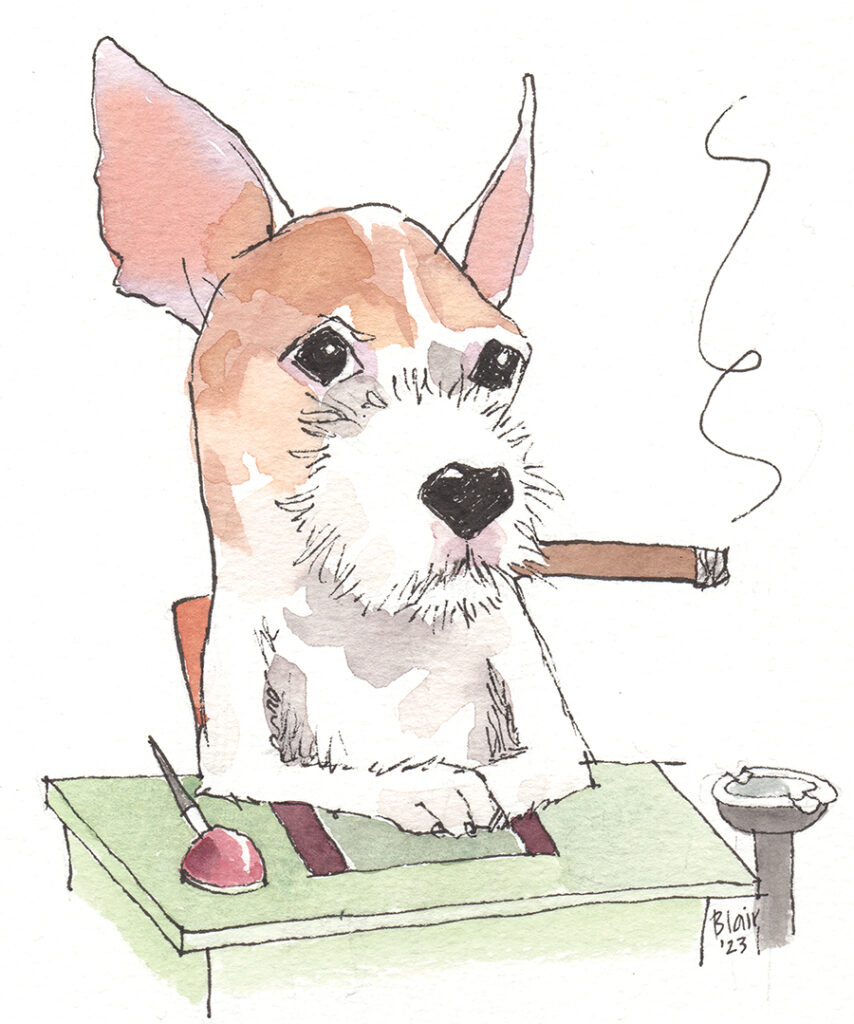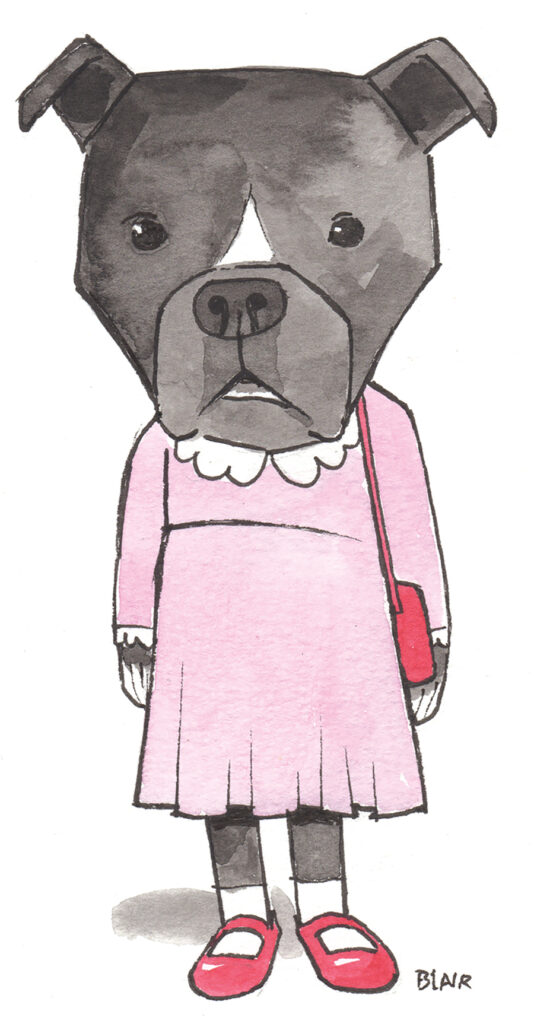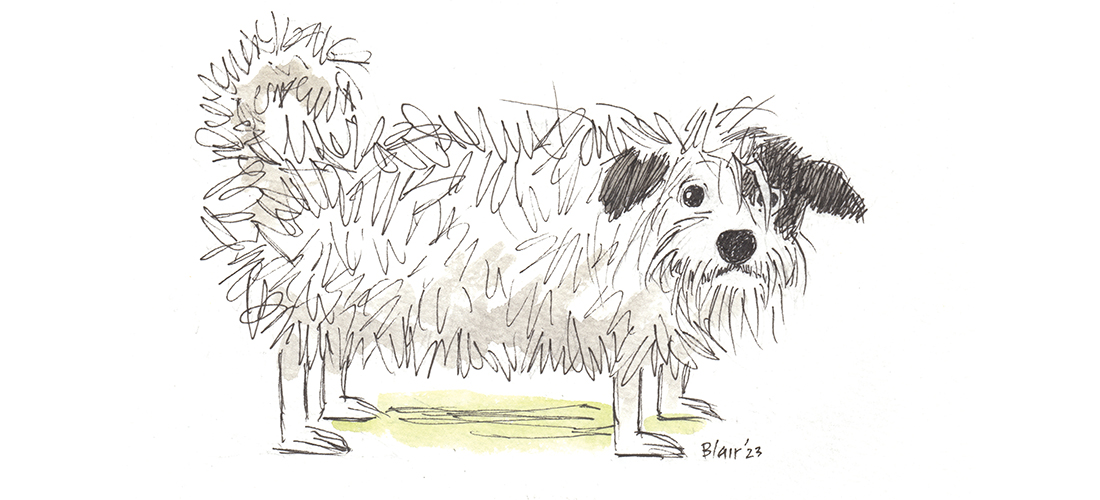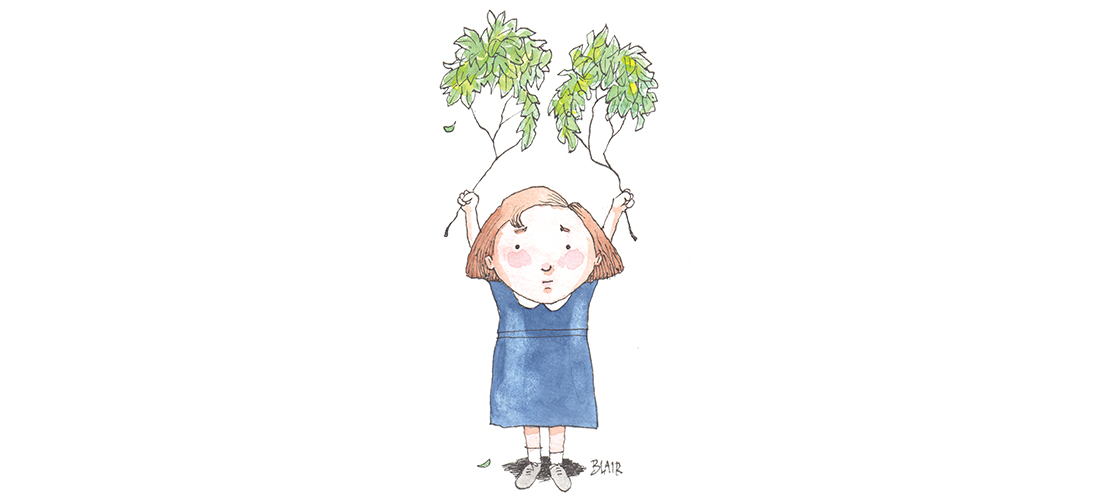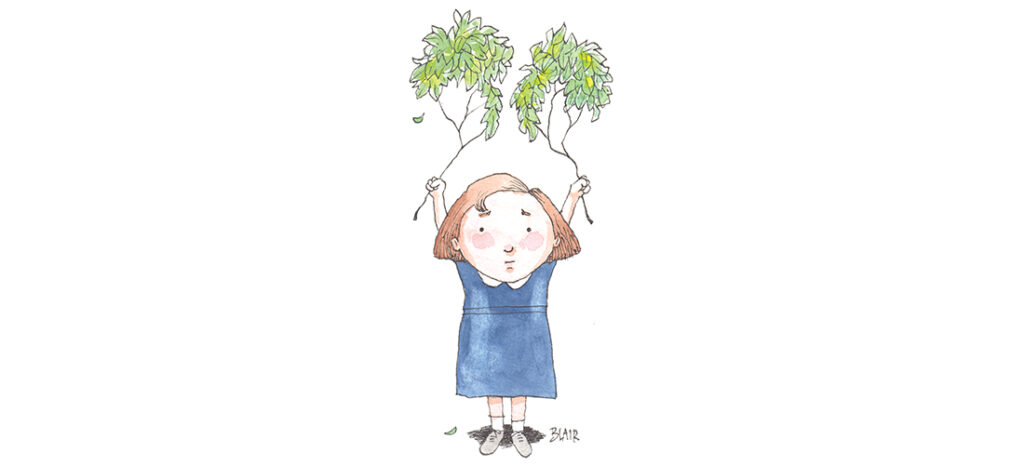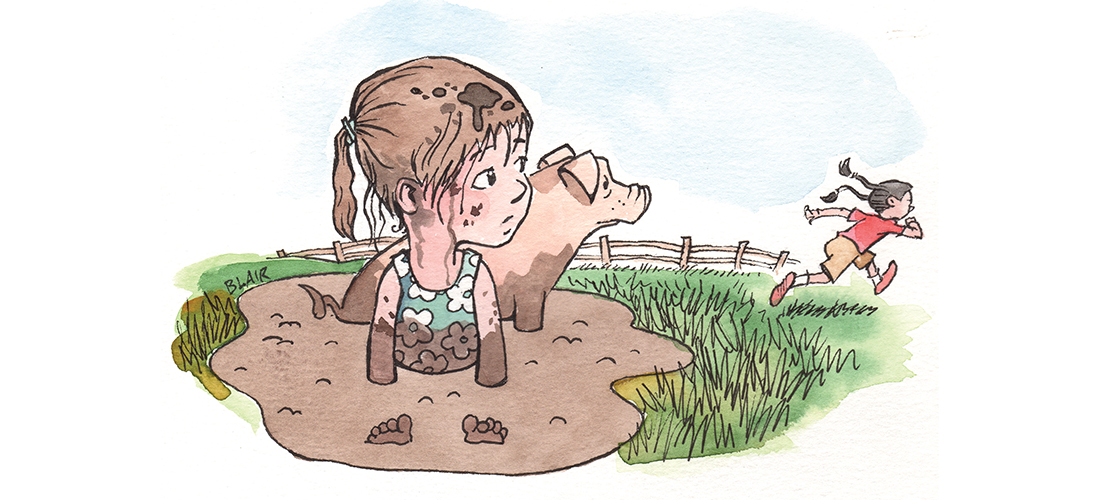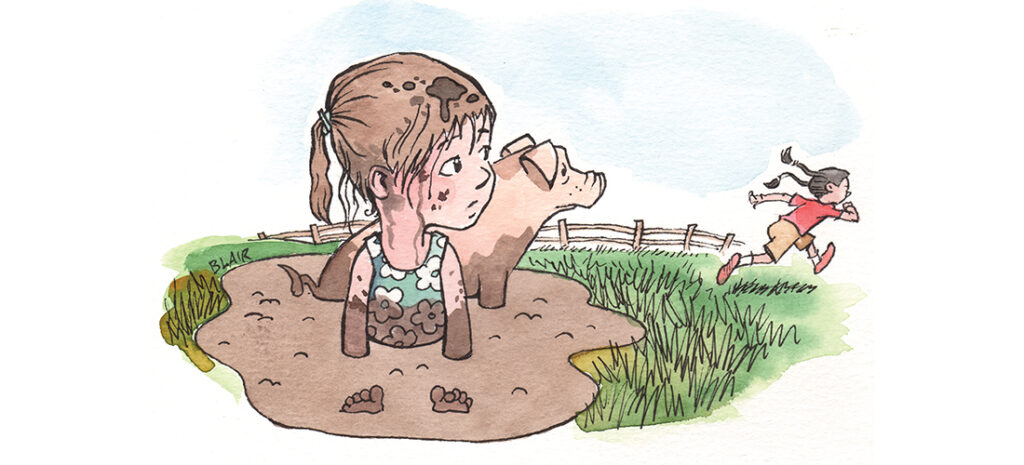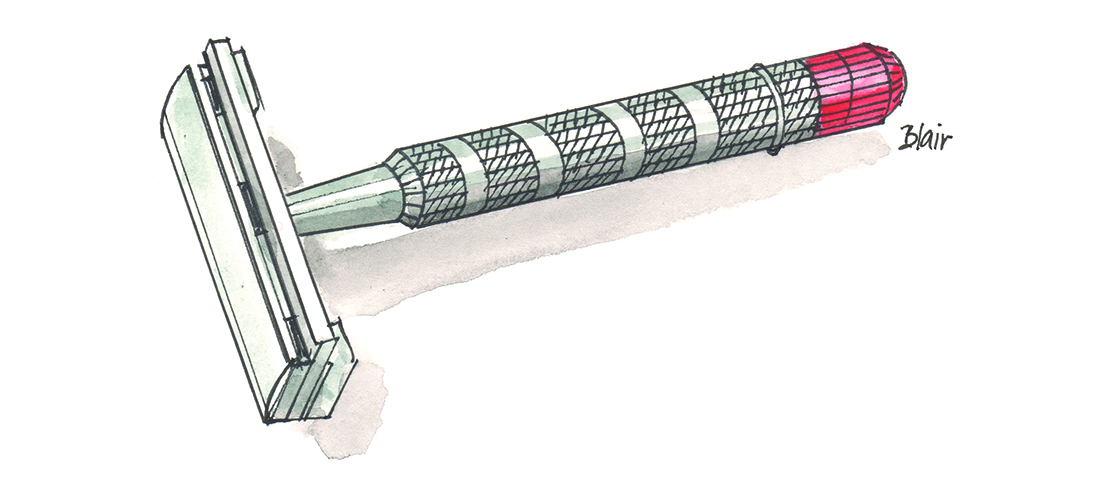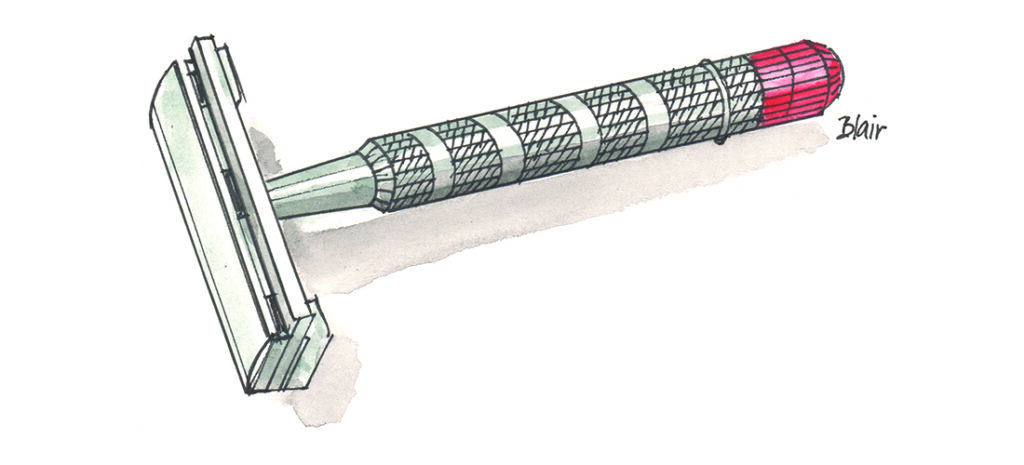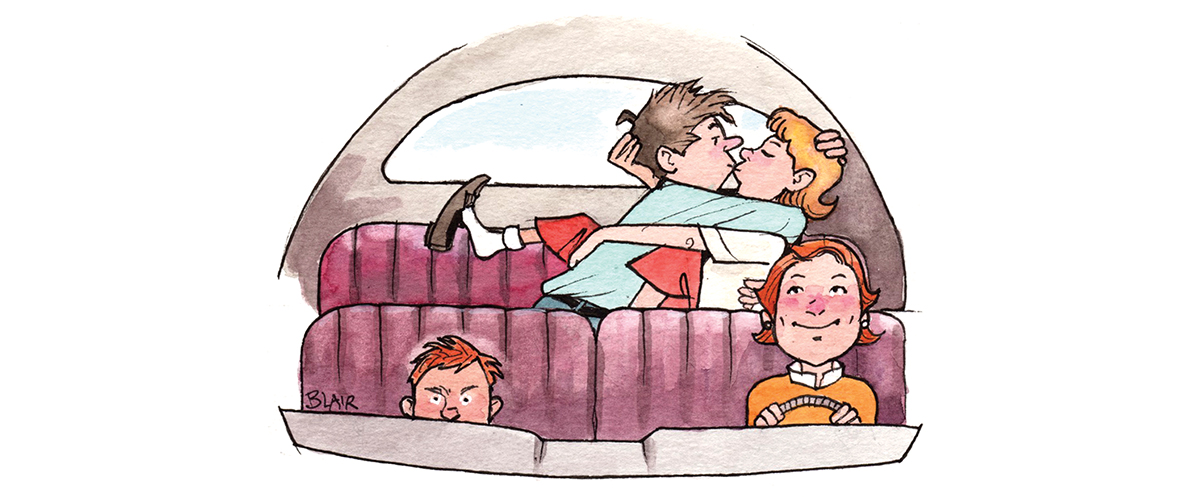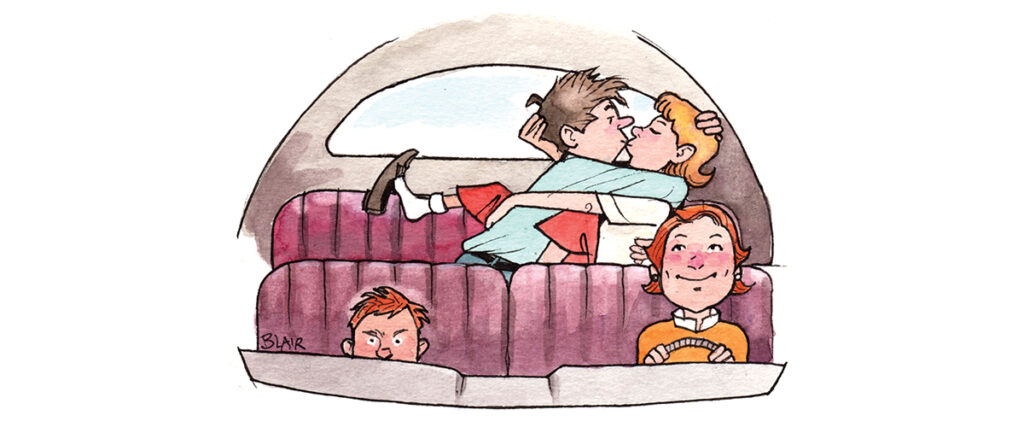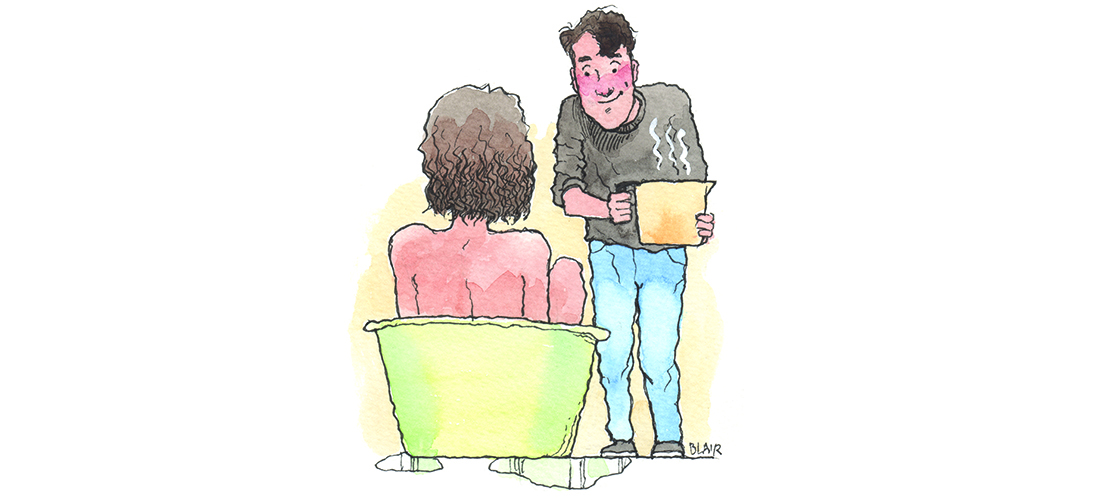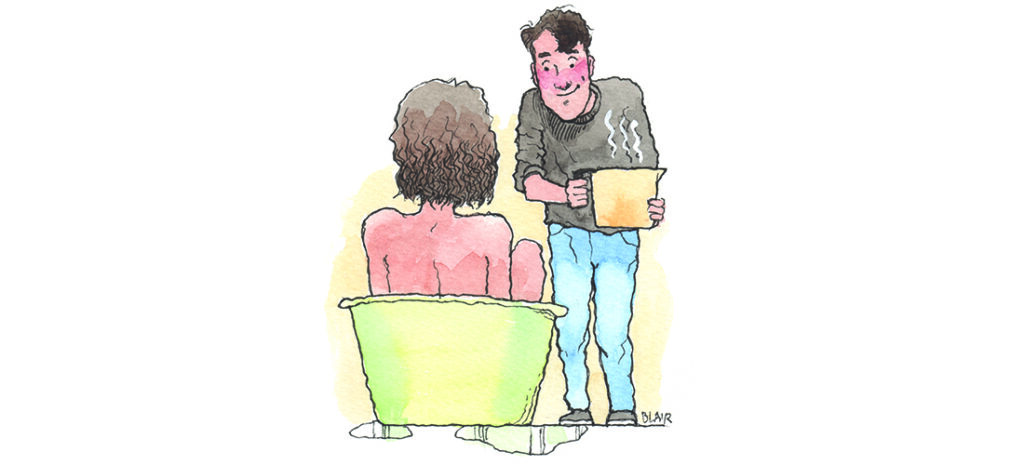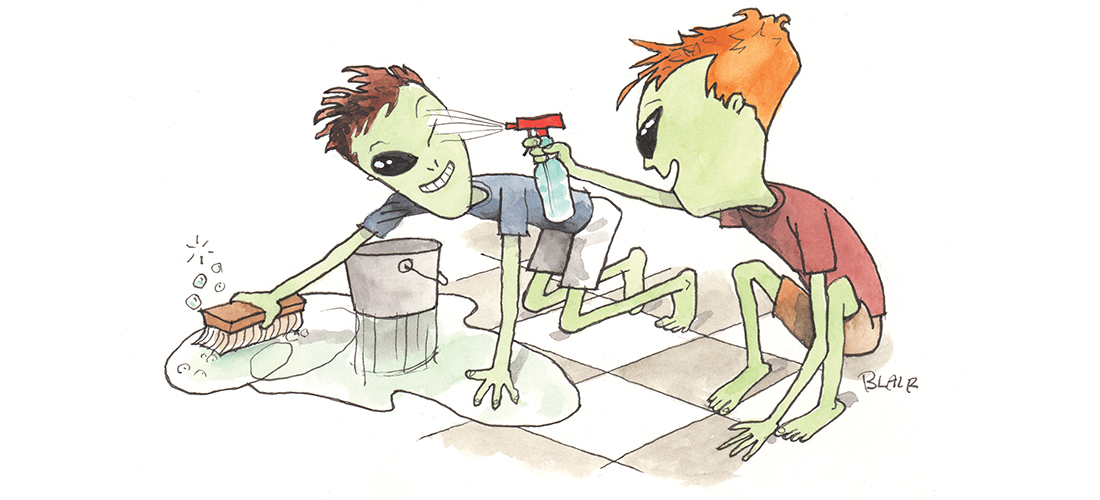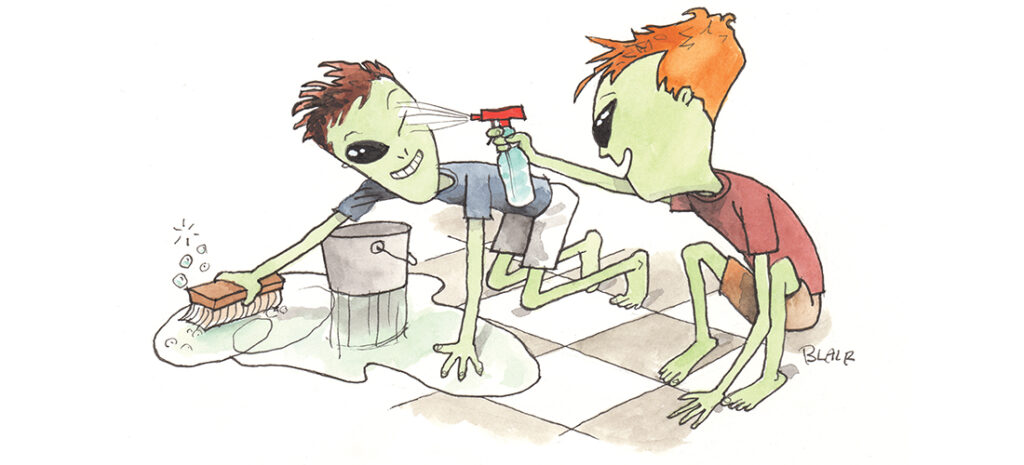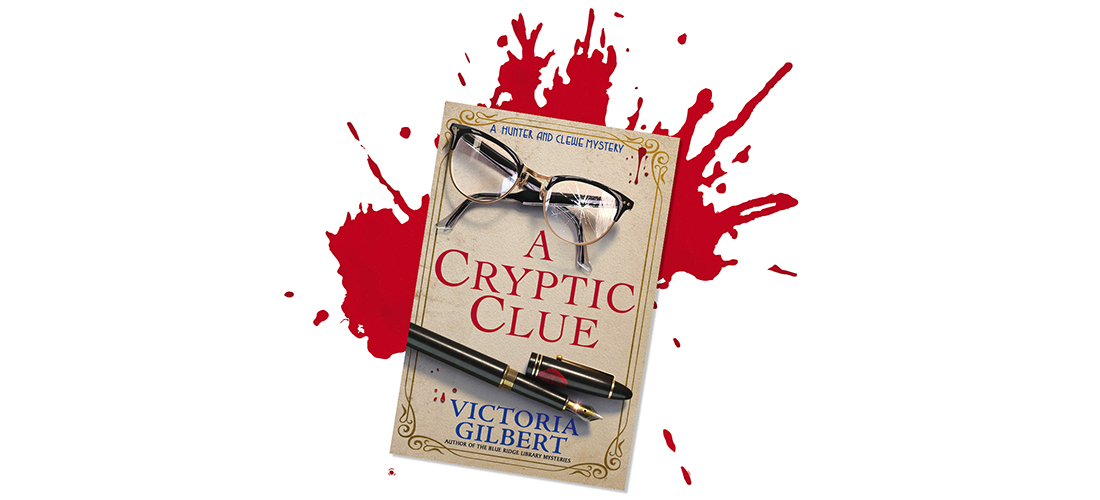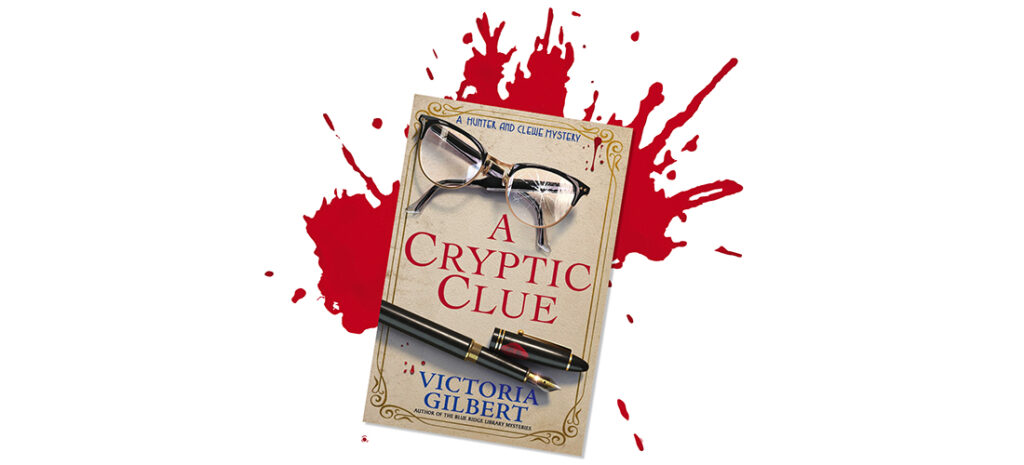Read and Dead
A librarian’s cozy mystery series
By Anne Blythe
Librarians are good at deciphering mysteries. Just ask any card-carrying library fan. They can be sherpas, of a sort, guiding readers from behind the confines of their reference desks to a world of information often only a bookshelf or computer click away.
Some are good at creating them, too, as Victoria Gilbert, a former librarian-turned-mystery writer, shows in A Cryptic Clue, the first book in her new Hunter and Clewe cozy mystery series.
Raised in the “shadows of the Blue Ridge mountains,” Gilbert has been a reference librarian, a research librarian and a library director so, in the vein of “write what you know,” it’s easy to see why the protagonist in her new series is Jane Hunter, a 60-year-old university librarian forced into early retirement and a new chapter in life.
Gilbert’s Jane has tinges of Agatha Christie’s Miss Jane Marple in her, although she is a divorcee, not a spinster, who still wants to work for a living to pad her paltry pension. That desire to find a new vocation leads Gilbert’s chief sleuth to her new boss, Cameron Clewe — Cam, to those who know the 33-year-old unconventional multi-millionaire well — who was looking for an archivist and hired Jane sight unseen. Cam not only inherited tremendous wealth at a young age, but also an estate so large that it houses a private library, guest quarters and grand rooms where the well-to-do and those aspiring to affluence gather for glamorous galas, glitzy fundraisers and seasonal soirees.
Although Jane describes her new boss as “leading man material,” he’s a nervous type whose lack of a filter makes him a blunt, often humorless, speaker.
“I didn’t realize you were so old,” Cam says upon meeting Jane in his library. “And rather heavier than I expected, given that photo on the university website.”
Jane, on the other hand, is a woman used to working with college students and the mother of a grown daughter, an actress with a middle name that might as well be “drama.” She checks herself instead of blurting out the first thing that pops into her mind.
“That photo is a bit dated,” Jane responds, keeping her eyes on the prize she did not want to lose. Her Social Security payments wouldn’t kick in for at least two more years. She needs the work. Furthermore, she’s interested in sifting through and cataloging “the books and papers connected to classic mystery and detective authors” that have been amassed in Aircroft, Cam’s mansion. “As for my current appearance — years working in academia has taken its toll, it seems. But I am certain you hired me for my expertise, not my looks.”
Such is the beginning of the relationship that brings two Sherlocks from very different circumstances together to solve a mystery that holds a reader’s interest through the very last page.
The whodunit kicks off on a Monday at Aircroft after a charity fete over the weekend. Jane walks into the library on her first day of work, travel mug filled with coffee in hand, to find the body of Ashley Allen crumpled on the floor, “unquestionably, irrevocably dead.”
After “fighting the urge to retch” and scanning the crime scene with a surprisingly calm detachment, Jane staggers into the hallway, slumps against the wall and slides to the floor. “There’s a dead body in the library,” Jane thought. “That room meant to be my workplace is now a murder scene.”
It’s not just any body, either. Ashley was Cam’s ex-girlfriend, someone Jane had seen her new boss arguing with days earlier while touring the garden grounds. More than 100 people had been at Aircroft for the party the night before. Ashley had been there too, and was still clad in her silver sequined dress.
“You do realize who will be their number one suspect, of course,” Cam says after seeing the crime scene.
Quickly Cam decides to be proactive and use his resources to investigate Ashley’s death on his own. He turns to Jane for help. “I refuse to lounge around while the authorities build a case against me,” Cam declares. But, as his assistant Lauren points out, Cam is agoraphobic, rarely venturing out past the gates surrounding his home. That’s where Jane comes in.
“I’ll need help collecting information from the wider community. Which is what I’d like you two to do,” Cam tells Jane and Lauren. “Bring me back any clues you uncover, and I can piece it together, and perhaps solve this case before the authorities start casting about for a scapegoat. Namely me.”
The hunt for clues is added to Jane’s assigned duties. As Cam sets out to collect information from the kitchen staff and guests who had been staying in his house, Jane pursues the story outside Aircroft, casting about town for hints why the beautiful and wealthy Ashley has been killed, presumably by a fatal head wound delivered with a blunt object.
There is no shortage of suspects, either. Ashley left a trail of aggrieved casualties from former romances, business ventures and injurious family dynamics. As Jane and Cam glean the many storylines from Gilbert’s cast of characters, suspects are added to and subtracted from the list. Jane’s landlord, Vince, a retired reporter from the local newspaper, and his girlfriend, Donna, a former secretary at the local high school, provide background depth to clues that Jane turns up from her sleuthing.
In addition to the love interests and resentful entrepreneurs wooed and abandoned by the victim, readers meet the quirky Aircroft house guests, the detached Allen family — all of whom were to be left out of the deep-pocketed grandmother’s will — their housekeeper and others.
Gilbert keeps her readers guessing while entertaining them with snippets about mystery writers and their well-known characters, such as Archie, the droll narrator and sidekick to Nero Wolfe, the armchair detective brought to life by Rex Stout.
As Jane and Cam cross suspect after suspect off their lists while unraveling the mystery of Ashley’s killer, they uncover new secrets and riddles that are tidily wrapped up at the end of the novel. As the two share a pizza with the riddle solved, it’s clear more sleuthing is ahead.
“We could investigate those cold cases you mentioned, and maybe take on a few cases for other people,” Cam tells Jane.
“Maybe focus on cases where justice didn’t seem likely to be served?” Jane adds.
“Exactly,” Cam responds.
Exactly, indeed. Gilbert’s fans will be looking forward to whatever comes their way. OH
Anne Blythe has been a reporter in North Carolina for more than three decades. She has covered city halls, higher education, the courts, crime, hurricanes, ice storms, droughts, floods, college sports, health care and many wonderful characters who make this state such an interesting place.

